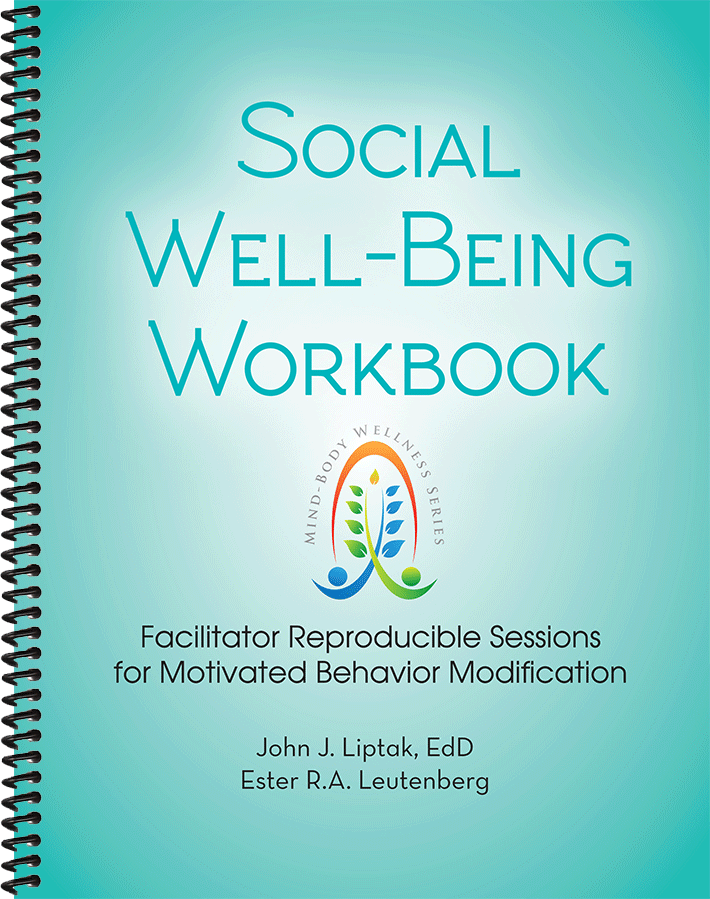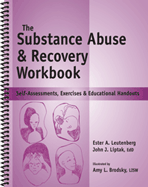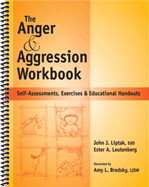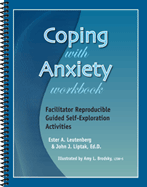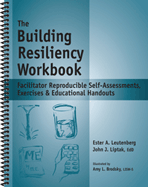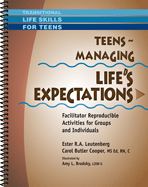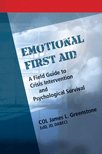*This product may have minor imperfections, such as bent corners, scratches, and scuffs, but is otherwise in good condition.
The Social Well-Being Workbook aims to help your clients strengthen existing social well-being traits and develop new attitudes to improve their social well-being. With your facilitation, your participants will complete the assessments, activities, and exercises in this workbook and develop and enhance a full spectrum of social skills.
Social health has become increasingly more important within the overall concept of human health and wellness. Socially healthy people can relate well to others, genuinely care for all people regardless of their cultural characteristics, and willingly reach out to others. They are contributing members of their community and are a part of the social networks of others. Inability to form and maintain relationships can harm a person’s health and well-being. Positive and effective social interaction, an essential component of society, is vital for individuals to master, especially when managing stress or overcoming illness.
The Social Well-Being Workbook will help your clients understand how social well-being can build personal and professional success, reduce stress and enhance overall life satisfaction.
The seven sections of the workbook include:
Section 1 – Relationships
This section will help participants explore and understand their current relationships with people in the community, partners, family members, co-workers, and friends. Thought-provoking, user-friendly activity handouts will help them to improve relationships in all areas of their life and career.
Section 2 – Diversity
This section will help participants examine how they accept, respect, and value diversity in themselves and other people. Thought-provoking, user-friendly activity handouts will allow them to explore how they value diversity in professional and personal relationships.
Section 3 –Intimacy
This section will help participants gauge how they demonstrate physical, intellectual, and emotional intimacy in their relationships. Thought-provoking, user-friendly activity handouts will enable participants to develop intimacy skills to deepen existing and future relationships.
Section 4 – Interactions
This section will help participants explore their interactions with other people. Thought-provoking, user-friendly activity handouts will assist in accentuating styles of interacting to develop stronger relationships.
Section 5 – Media
This section will help participants explore how they experience virtual (online, telephone) and in-person relationships. Thought-provoking, user-friendly activity handouts will promote a healthy balance to meet all relationship needs.
Section 6 – Caring
This section will help participants explore how they care about others and the ways they show this caring. Thought-provoking, user-friendly activity handouts promote altruism and caring about other people and societal needs.
Section 7 – Support
This section helps participants explore their support systems. Thought-provoking, user-friendly activity handouts are provided to develop and use a healthy social support system with others.

